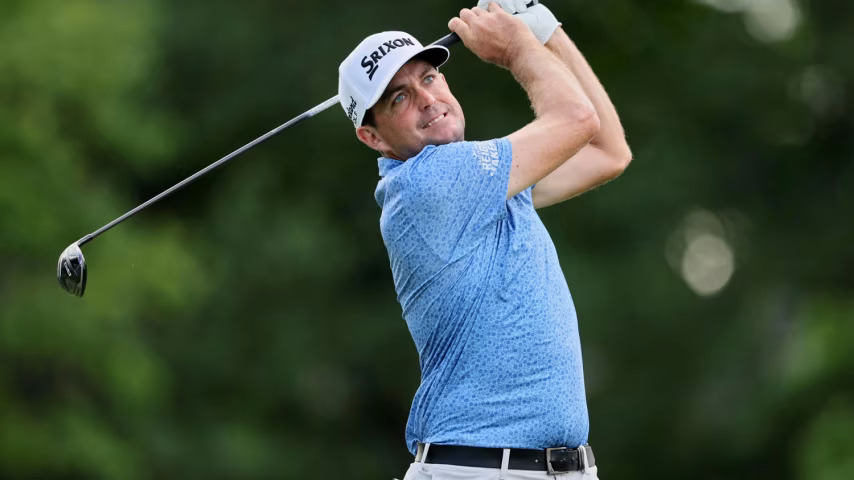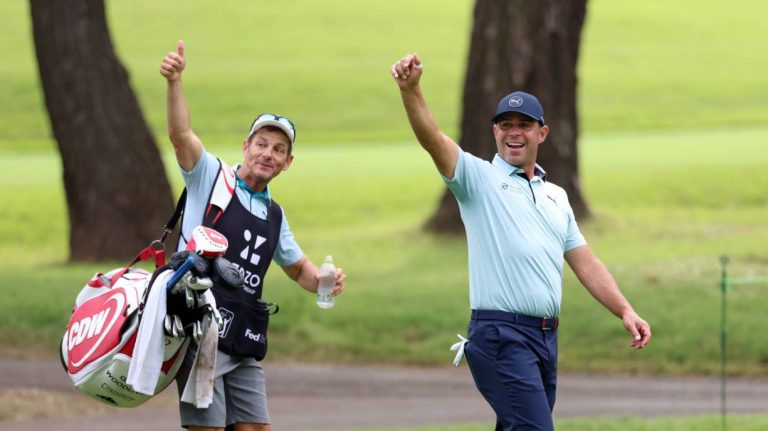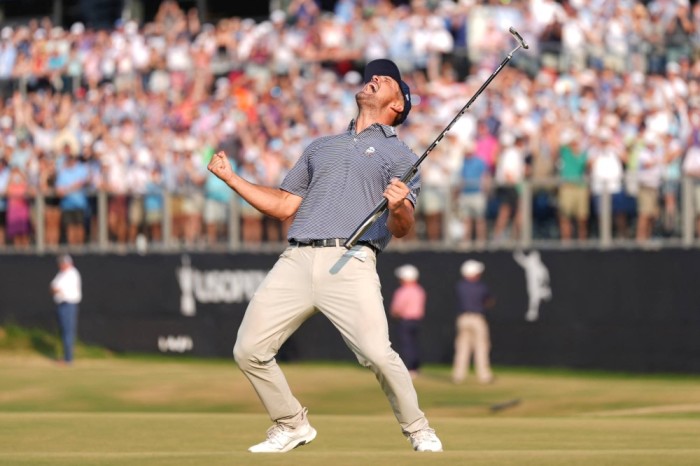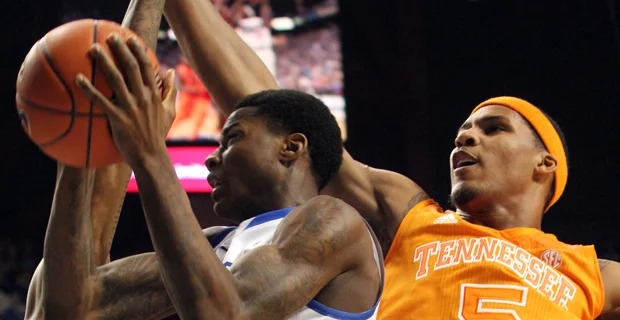
Table of Contents
The world of professional golf is no stranger to spirited debates, but few topics spark as much discussion as the interplay between players and governing bodies. Recently, two-time major champion Keegan Bradley US Open preparations have been punctuated by a vocal critique of the US Golf Association (USGA), specifically concerning what he perceives as unreasonable demands for this year’s championship. His outspoken comments have ignited a conversation about player treatment, financial considerations, and the evolving landscape of professional golf.
Key Takeaways:
- Keegan Bradley openly criticized the USGA’s demand for players to purchase golf balls for practice rounds at the US Open.
- This stance highlights broader player opinions on logistical and financial aspects of major championships.
- The incident underscores ongoing discussions about USGA demands and their impact on professional golfers.
The Heart of the Matter: USGA Demands and Player Discontent
Keegan Bradley US Open comments stem from a specific instruction from the USGA: players were expected to purchase golf balls for their practice rounds at Pinehurst. This seemingly minor detail has significant implications within the tightly controlled ecosystem of professional golf. Traditionally, at major tournaments and even regular tour events, golf balls for practice are freely provided to the players, often by the tournament organizers or through their equipment sponsors. For a major championship like the US Open, a tournament that prides itself on being the ultimate test in golf, this unexpected expense struck a nerve with Bradley.
“I’m not doing that,” Bradley was quoted saying, expressing his clear refusal to comply with this particular USGA demand. His sentiment resonated with many, drawing attention to what some players view as an increasingly commercialized and detached approach from the governing body. While the cost of a few dozen golf balls might seem negligible for a high-earning professional athlete, the principle behind the demand is what sparked the golf controversy. It raises questions about respect for players, the financial burdens they sometimes face even at the pinnacle of their sport, and the perceived nickel-and-diming from organizations that control lucrative events.
Beyond the Balls: Broader Implications for Golf Equipment Rules and Player Welfare
Bradley’s comments extend beyond just the immediate financial outlay. They touch upon a deeper current of dissatisfaction among players regarding how governing bodies, including the USGA, manage tournaments and implement rules. The golf equipment rules are constantly under scrutiny, with debates often arising over proposed changes to clubs, balls, and even course setups. While these discussions usually center on competitive integrity and the future of the game, Bradley’s recent remarks highlight the operational aspects that directly impact players’ lives.
This isn’t the first time the USGA has found itself in the crosshairs of professional players. In the past, discussions around equipment rollbacks, particularly concerning the golf ball and driver technology, have led to considerable friction. Players often feel their input isn’t adequately considered, or that decisions are made without a full understanding of the on-course realities. Keegan Bradley US Open stance is a strong indicator of the desire among players for more transparency and collaboration from governing bodies. It’s a call for a more player-centric approach that acknowledges their contributions to the sport’s success.
[“understanding tournament operations“]
The Financial Landscape of Professional Golf and USGA Demands
While professional golf offers immense riches to its top stars, the financial realities for many players, especially those outside the top 50, can be challenging. Travel, caddie fees, coaching, and other expenses add up quickly. Even for a player of Bradley’s stature, constant small outlays can become frustrating, particularly when they seem unnecessary or are a departure from established norms. The USGA demands regarding golf balls might be a minor line item, but it symbolizes a broader concern about how revenue generated by events is distributed and whether players are adequately supported.
Indeed, the prize money at the US Open is substantial, but so are the expectations placed upon the players. From media obligations to practice schedules, every minute of a player’s week at a major is meticulously planned. Adding an administrative burden, however small, can disrupt this delicate balance. As the game continues to grow globally, driven in no small part by the captivating performances of its athletes, ensuring player satisfaction and a fair operational framework will be crucial for the long-term health of the sport.
According to a report from Golf.com, the USGA’s approach to player relations has been a recurring topic of discussion within the golf community. “It’s about the principle,” notes one anonymous tour veteran in a recent interview with Golf Digest, echoing Bradley’s sentiments on logistical expectations. Such incidents serve as crucial reminders that even in highly professionalized sports, fundamental respect and clear communication between organizations and athletes are paramount.
Looking Ahead: The Impact of Player Opinions
The ripple effect of Keegan Bradley US Open commentary extends beyond this specific incident. It empowers other players to voice their concerns and pressures the USGA to potentially re-evaluate some of its more contentious policies. While the USGA holds significant authority, the collective voice of the players, particularly champions like Bradley, cannot be ignored. This ongoing dialogue is vital for the sport’s continued evolution.
Ultimately, the goal for both players and governing bodies is the same: to deliver an exceptional golfing spectacle. Achieving this requires not only challenging courses and fierce competition but also a harmonious relationship built on mutual respect and understanding. Bradley’s willingness to speak out is a testament to his dedication to the game and his desire to see it managed in a way that benefits all involved.
What are your thoughts on Keegan Bradley’s stance? Do you believe professional golfers should be provided with all necessary equipment at major championships, or should they bear more of the costs? Share your perspective below!
FAQs
1. What specific demands did the USGA make that Keegan Bradley criticized?
Keegan Bradley expressed frustration over the USGA’s insistence that players purchase golf balls for practice rounds at the US Open, a departure from typical practices where balls are provided.
2. How do professional golfers typically acquire practice balls for tournaments?
Generally, at professional golf tournaments, golf balls for practice rounds are provided to the players by the event organizers or through their equipment sponsors.
3. Has the USGA faced similar criticism from players regarding rules or logistics in the past?
Yes, the USGA has a history of facing scrutiny from players regarding various aspects, including equipment regulations, course setups, and logistical decisions.






